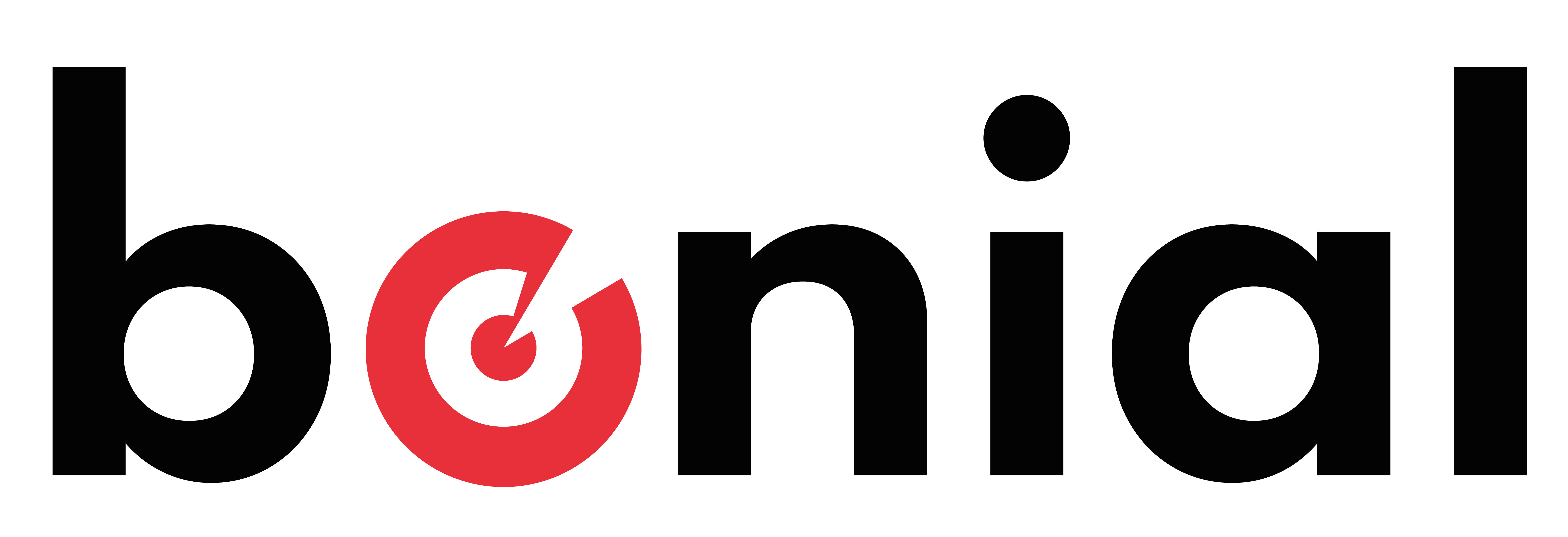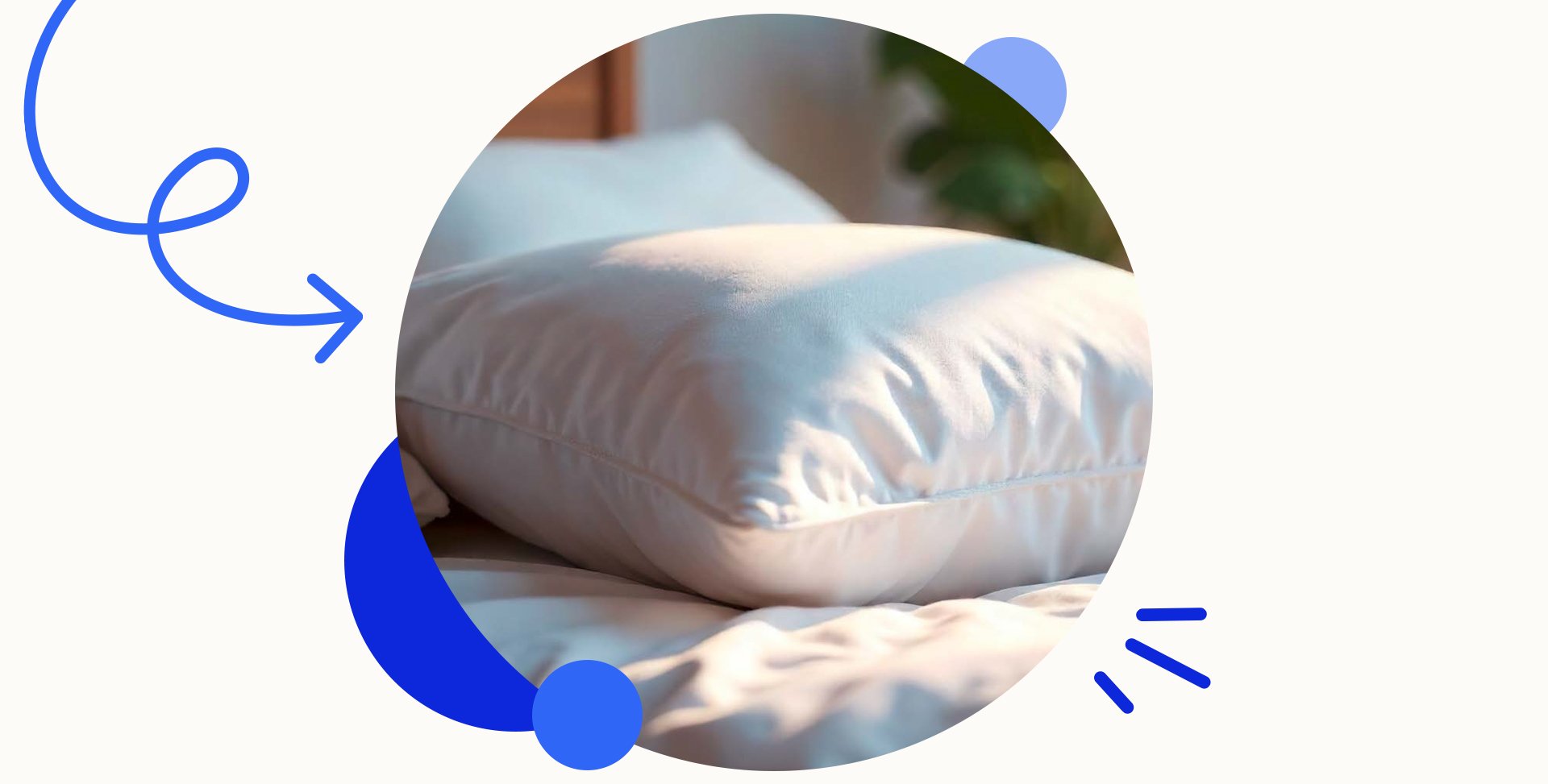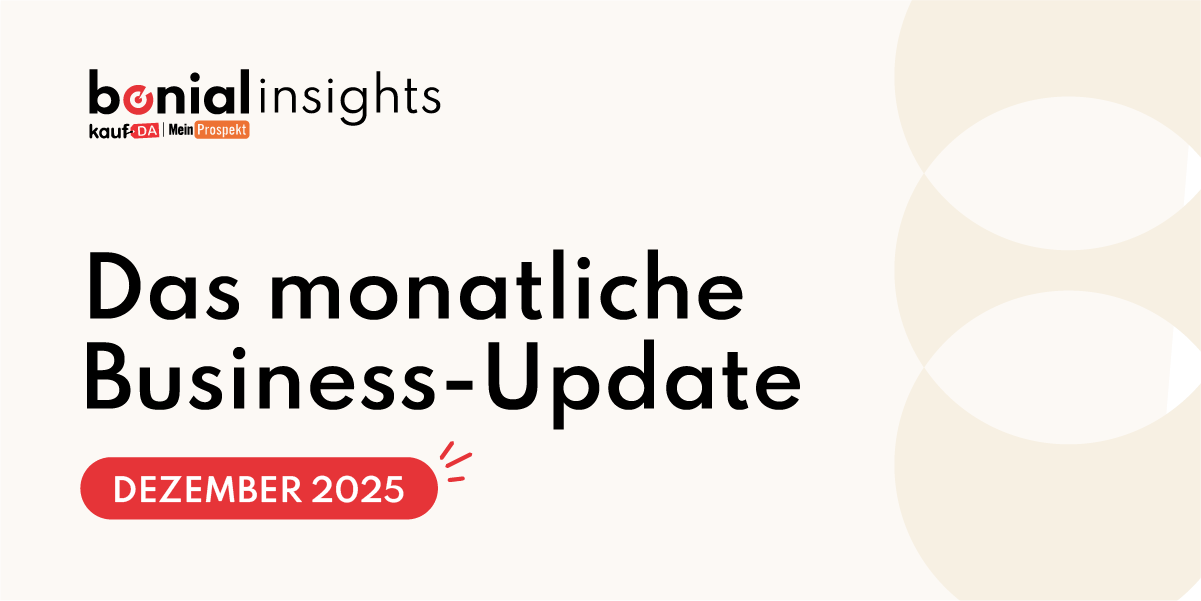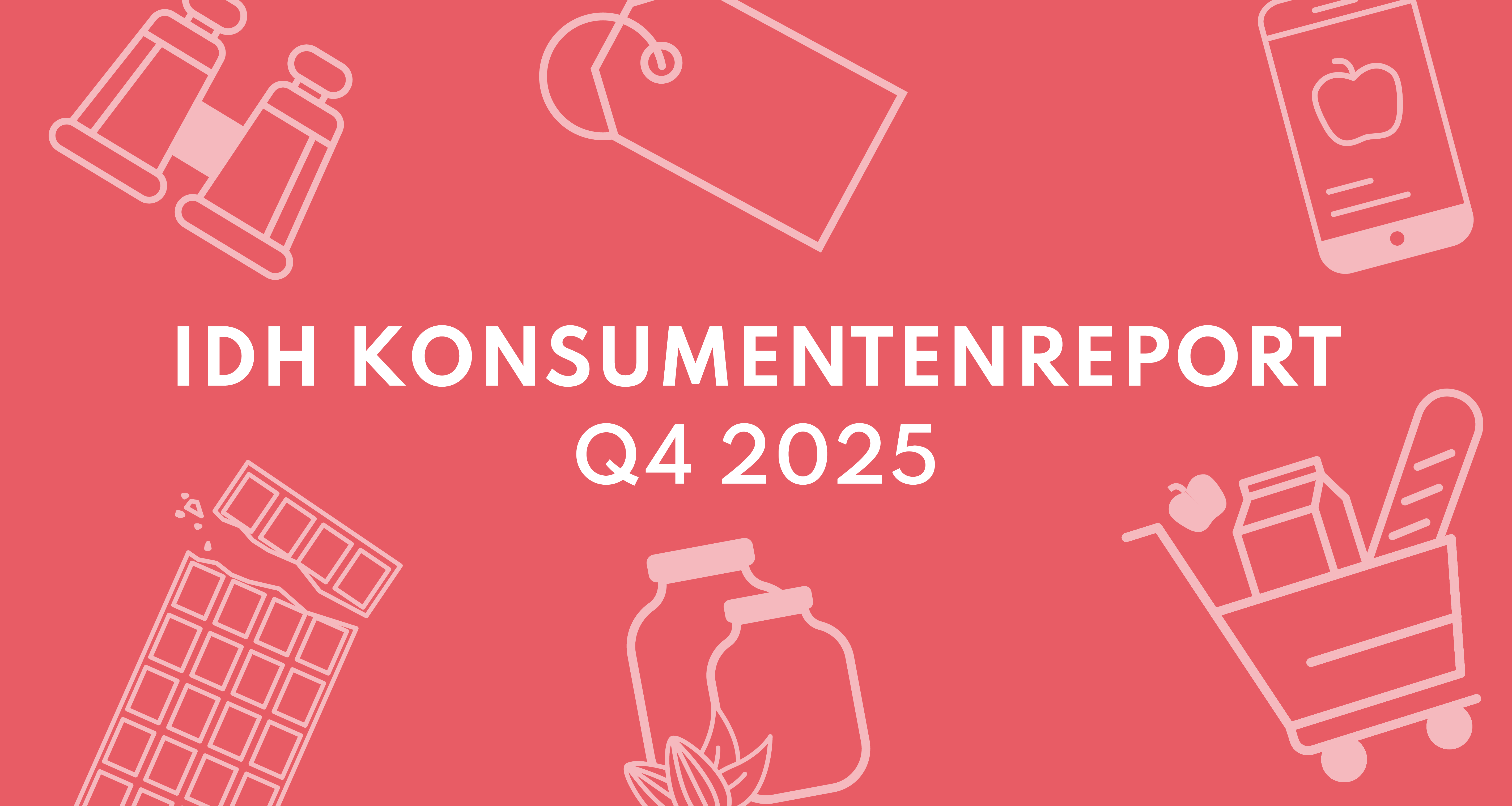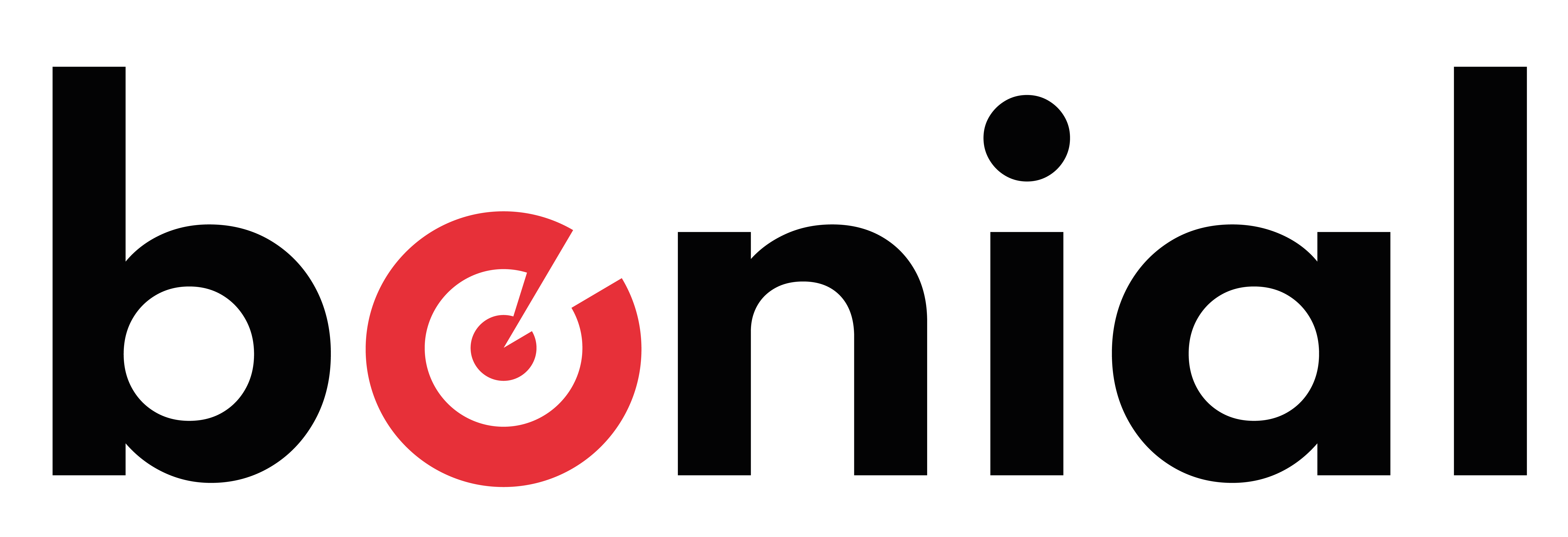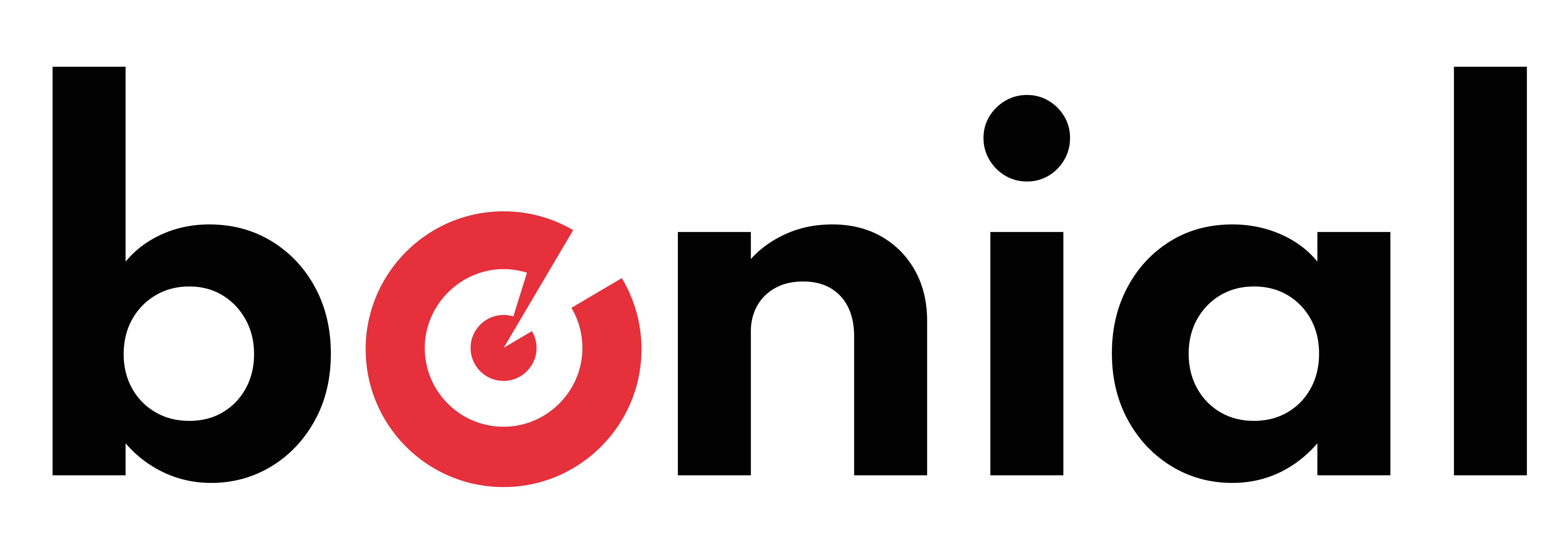Many leaders talk about going out of the comfort zone to learn and experience the world as the main principle for growth. Even googling “comfort zone to growth zone” would show 72M results with many frameworks from psychological studies. I find these somehow true since I believe to learn, I must experience, and to experience, I must accept the fact that I don’t know everything, and that’s part of the experience to get to an outcome that shapes the path forward. This notion of experience has opened a whole new path for me, as it made me realize that we as a people are known for our ability to observe, learn and build on our previous experiences to understand the world in a better way.
I joined Bonial beginning of 2020, back then, I managed 3 product owners, and after 6 months, we’ve done a re-structure of the P&D area, and I now manage 8 kick-ass product owners. This required a change in my mindset from being an individual contributor to leading a team, considering how we should collaborate, how to stay motivated, how to ensure we are always growing, and learning something new that can benefit us in our career growth not only at Bonial but anywhere else. As my goal is to build a team that continuously learns and adapts to our highly dynamic market changes.
I needed to find a mechanism to continuously improve my thought process for decision making. Here I focus on the thought process as it shapes our conclusions, decision making, and taking actions.
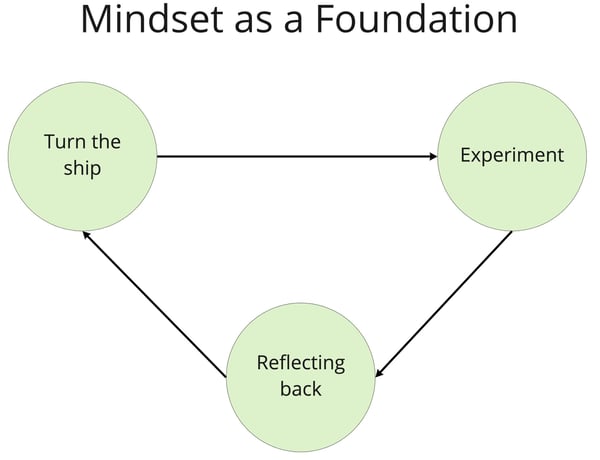
Mindset as a foundation: Optimizing the thought process for growth
At first, I needed to put myself into the mindset of looking at my thoughts from different perspectives, without judgment or drawing conclusions fast, but to embrace reality and experience it the way it is. if it is a fun experience, it’s a fun experience, if it is not, it’s not.
The whole goal is to have an accepting mindset and to understand that everything happens for a reason with no judgment or drawing conclusions that aren’t based on solid ground. So experimentation becomes the default mindset to learn and grow.
Experiment in everything: literally, you got to keep exploring with everything
A good friend of mine once said that people are complex, they are not complicated. They are complex because there are many unknowns, we cannot predict what a person will do in a given situation unless we deeply know the person. When I joined Bonial and started to manage people, it was difficult for me to understand how complex people are, they’re not a system where we put a specific input to come with a defined output. Each one of us has a different perspective and learn differently.
So as a result, I started to ask many questions, but the main one was, How can I embrace the complexity and uniqueness of each PO? I am not interested in micromanaging people or imposing my ideas, I believe that growth and team building comes from highlighting and embracing the strengths of each one while at the same time enhancing the skills that we’re not comfortable with. As I want my team to learn and grow their own experiences through trial and error, so they learn by doing and being more confident to initiate actions/solutions, as all of us are in the same boat.
To overcome this complexity, I went through many trainings about people’s management, watched videos on YouTube, talked to leaders who have long experience in management. All have contributed to open my eyes to the different approaches each can follow to overcome this complexity.
I had to go through this in my head many times, and I got to the conclusion that what I need is to experience what I am doing, experience being a leader, and experiment with all the learnings and different methods of these training/videos…etc has provided. So experimentation became my default mindset, either in people’s management, product management, project management, you name it. Slowly, it is becoming a part of a lifestyle to always experiment with different approaches and methods.
For example, design thinking and the scientific approach methods are just tools to solve problems, what I am saying is instead of applying those tools to products only, why not to apply them as an experiment to improve my thought process, and so improve my leadership skills or any other skill I wish to improve.
Reflecting: understand what happened, get to a conclusion with concrete facts
The real challenge with this approach is the ability to reflect on what happened from a high-level picture to the smallest details to understand the results of my experiments, This is a challenge because sometimes we may reflect without looking at concrete facts, so we get to a wrong conclusion and we build on top of it.
I learned that rushing to get a conclusion is not the best way to go, I need time to observe and process the outcome of my experiments, look into multiple data sources to fact check the outcome. as I believe to learn, I must observe my thoughts, understand why do I think the way I think?, why do I believe in whatever I believe in?, then ask myself, what are the facts that I hold to support what I believe in?, and to double-check my observation, I ask what if my conclusion is wrong?
For example, I needed a systematic way to ensure that my team is on constant growth, either from skill set level or mindset level, so I developed an experimental model that measures the skill sets of my team and provides a clear idea of what agreements should I have with each PO. Since each has different expectations, skill sets, and most importantly, a different understanding of how to conduct product management.
To reflect, I needed to review the model multiple times after filling it with each PO, to understand if this model would enable better visualization of the skill sets, which helps in identifying which skill we need to invest more. This was taken into action by meeting each PO and have an open conversation that gives the upper hand for the PO to define what skill we need to sharpen, and decided on a quick action plan of how to get there.
It took some time to see the concrete outcome, but after a while, my team started to notice by themselves what is missing within the team, and they proactively started to look at ways of improvement. Now I would say the model was a success, as it provided the foundation of how to develop our skills as a team continuously.
Turn the ship: experiment with a different approach
Experimentation always comes with a cost, sometimes things work, but many other times it simply doesn’t, this could be for multiple reasons but regardless, after reflecting and fact-checking my conclusions, what was clear that there is no one solution to fit us all, so any model or anything I do can have a negative impact.
The whole idea of experimentation is to continuously try something small and see the impact of it. If it is not providing a clear path forward and it doesn’t provide clarity, then we need to take the learnings and try different approaches to solve the same problem.
I believe we should be proud of our challenges, as we will tackle them anyway and solve them, so there is no point to shy away and hide any challenge faced. The more we speak about the challenges, the more we’d have different perspectives, and hence draw a better picture of the next steps.
For example, when I first joined Bonial, I was trying to apply what worked with me in previous positions to conduct product management within Bonial. As soon as I started to apply my previous experiences, I realized it’s not the way to go because each company I worked with has a different product, size, market, resources, capital… you name it, everything is different, so it doesn’t make any sense to continue trying to apply a method that doesn’t fit, we need to find our way which fits us best, and serve us to scale. So here we try a new experiment.
As a result of this mindset, the default habit that I developed is to learn, always seek something new, try something I have not tried before, and experiment around it. I honestly feel that I grow professionally and mentally because of this approach. As it enables me to try with no fear of failure, and see what works best.
I am still learning and trying to figure out different ways to observe and optimize my thought process, but here is a first look at how I try to do it. If you happen to be doing the same, I would love to hear your approach.
Author
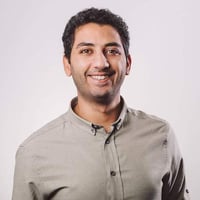
This article was written by Abdallah Khalidi, a Head of Product at Bonial.
